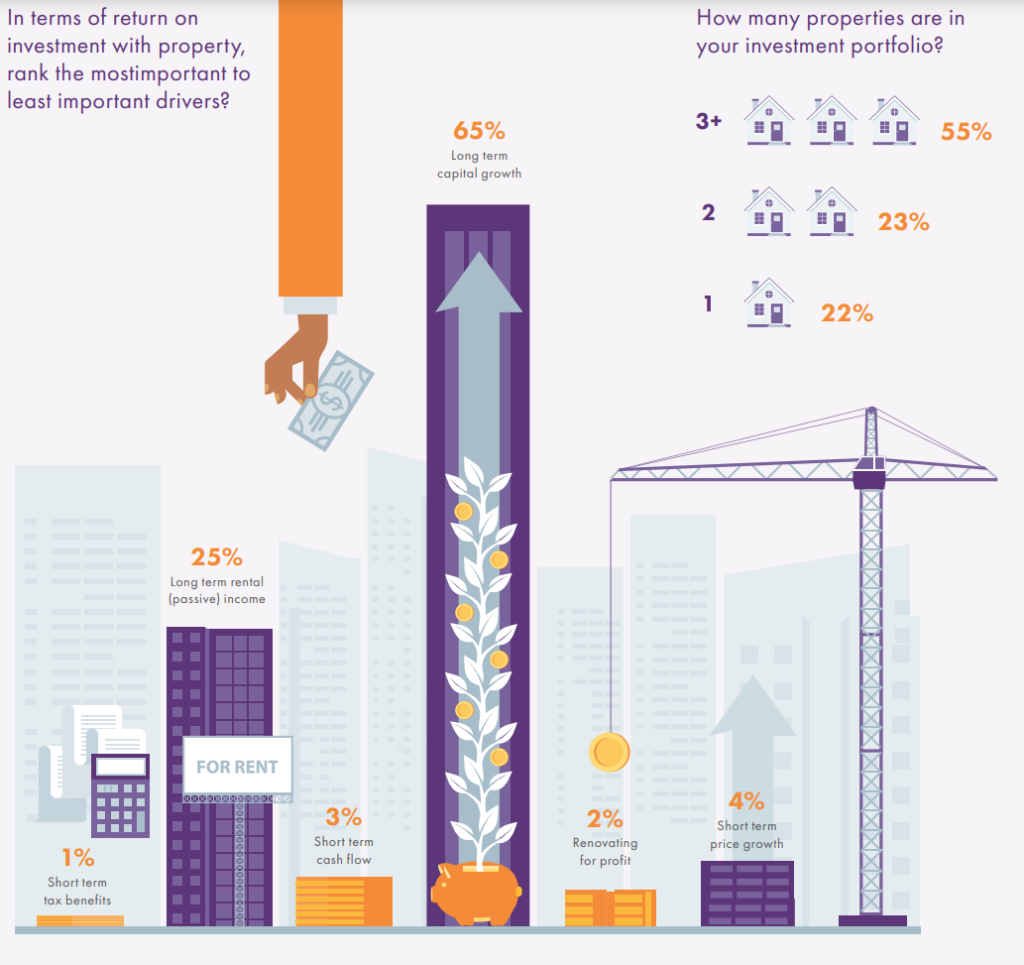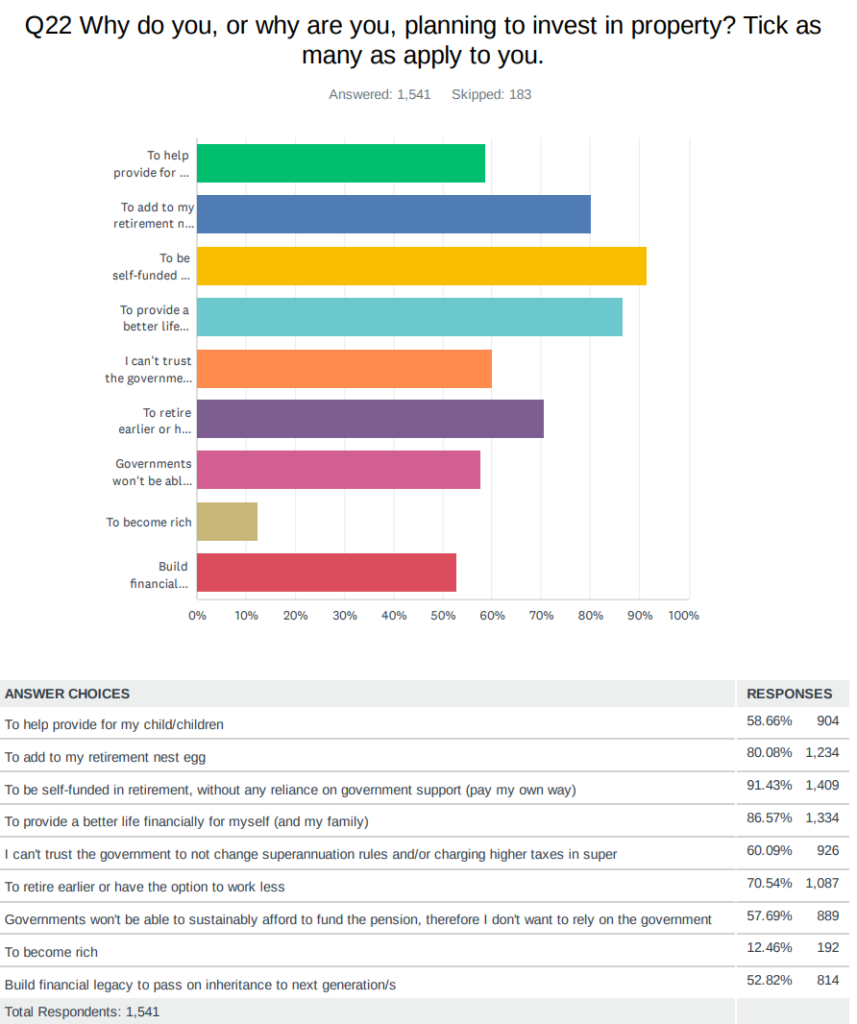Note: This episode is a re-run of one of our older episodes. It originally aired on 8th June 2017 😊
According to Albert Einstein, “Compound interest is the eighth wonder of the world. He who understands it, earns it…and he who doesn’t, pays it.”
In this week’s episode, Bryce and Ben discuss the fascinating power of compounding.
Tune is as they answer listeners’ questions, explain how you benefit from delayed gratification, and share their experiences and advice on property investing!
Free Stuff Mentioned
-
- New to The Property Couch? Download our Binge Guide – 20 of the first episodes condensed into one easy-to-digest booklet!
- We’re giving away free copies of our best-selling book ‘The Armchair Guide to Property Investing’ – all you have to do is cover shipping & handling costs! And if you prefer consuming content via video, check out our FREE Property Investing Masterclass.
- Check out our brand-new “lifestyle by design” app – Moorr. This free app automates money management and is home to our hugely popular MoneySMARTS system.
- RealEstate.com.au videos:
- Previous episode with Jan Somers:
- Ep 103 (Part I): How she built her multimillion-dollar portfolio
- Ep 103 (Part II): Her thoughts on housing affordability, borderless investing & more!
- Previous episodes with:
- Alan Kohler, renowned Australian financial and newspaper journalist – Ep 138
- Craig Stephens, Managing Director of Jas Stephens – Ep 118
- Brad Teal, Director of Brad Teal Real Estate – Ep 114 (Part 1) & Ep 114 (Part 2)
Additional Resources
-
-
- Becoming Warren Buffett
- Rich Dad Poor Dad – Robert Kiyosaki
- The Richest Man in Babylon – George Samuel Clason
- The Life Changing Magic of Tidying Up – Marie Kondo
-
Timestamps
-
- 0:00 – Going Against the Greats – Why You Shouldn’t Pay Yourself First
- 4:35 – Tom Panos: “80% of winning is beginning”
- 5:58 – Mastering the power of money
- 6:56 – Listener Question #1 – Chris
- 9:09 – Would you prefer $1,000,000 now, or $0.01 today and double it every day for 30 days?
- 18:51 – The benefits of delayed gratification
- 24:25 – Leverage is the independent umpire
- 27:04 – Dud = dead on arrival?
- 30:17 – Listener Question #2 – Greg
- 30:33 – Why you shouldn’t pay yourself first!
- 32:51 – The plastic money world
- 33:42 – MoneySMARTS – the holistic approach to managing your money
- 36:46 – Ultimately, it’s about making sure you are enjoying life!
- 38:16 – The cup size theory…
- 40:33 – Plan to become what you plan to become
- 42:05 – Advice from Ben & Bryce on whether you should invest in the current market!
- 44:10 – LocationScore
- 47:22 – Bryce’s Life Hack

 Subscribe On Itunes
Subscribe On Itunes Subscribe On Android
Subscribe On Android


